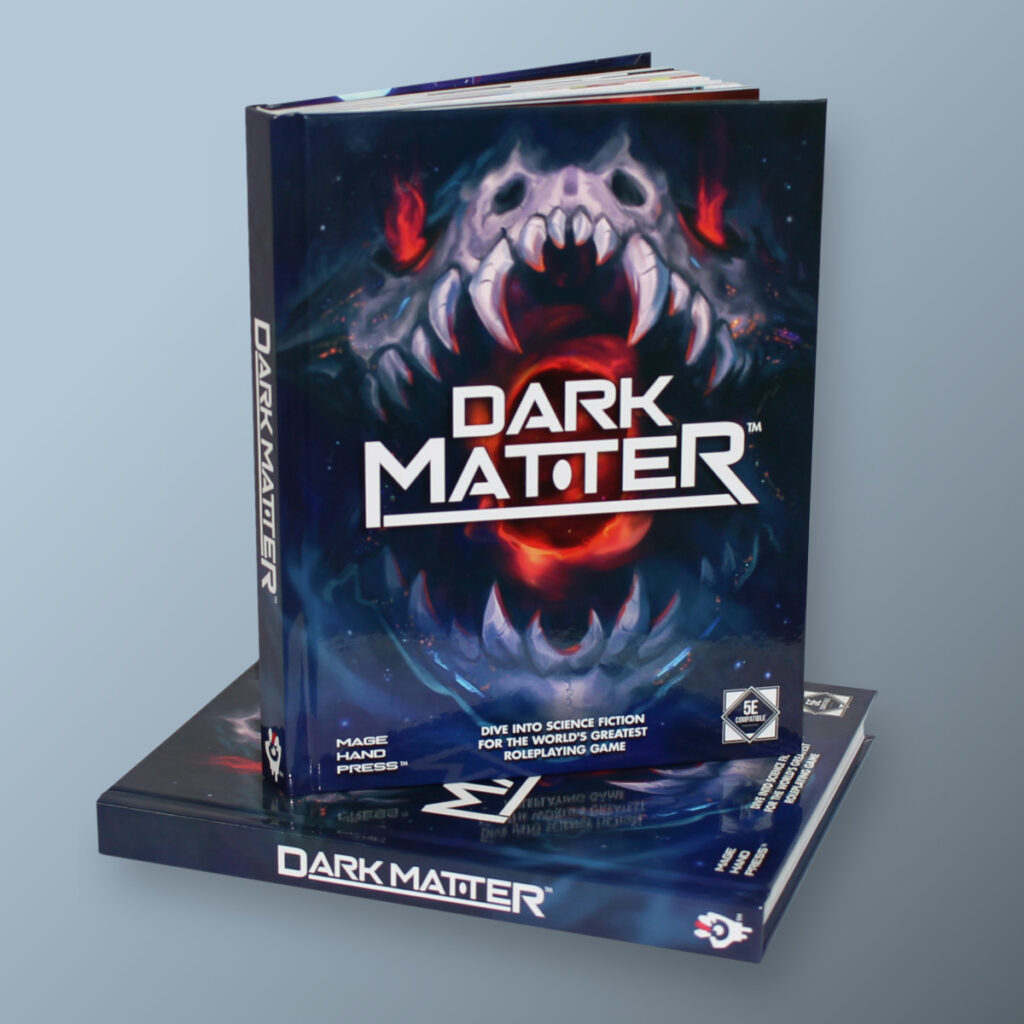Writing a Character in 4 Easy Steps
Every new RPG player is first tasked with creating a character; no small feat, given that screenwriters and novelists build entire careers around writing compelling characters. Usually, new players will piece together the superficial elements of a character — the name, some distinctive personality traits, and maybe a cool weapon — without ticking the essential boxes of what makes a character work in a story.
Thankfully, this is an easy task, once you know where to begin. You can create an interesting character by answering these four questions from your character’s perspective:
What do you want?
Goals, aspirations, and needs.
In other words, what motivates you? Are you striving to gain power and authority, or struggling to maintain it? Do you have a singular task in mind, such as seeking revenge, or are you seeking something indistinct, like enlightenment or strength? Establishing this fact is the most important aspect of your character, since it creates the basis for your character’s story. Your motivation can change as the story takes shape, but a character without something driving them is listless. Once you have an answer, record it in your character’s Bonds.
What do you need to overcome?
Create internal conflicts to overcome.
Something must be standing in the way of achieving your goal. Devising external obstacles is chiefly the domain of the GM, but internal obstacles are a key part of your character. For every external obstacle you anticipate having to conquer in your story, come up with an internal obstacle to complement it. If you think you will have to travel across a dangerous land, your character might have a fear of the unknown or a distrust of strangers to overcome. If you may have to lead a band of warriors to defeat a great enemy, you might have to learn to work better with others or to overcome the burden of leadership. Once you have decided what stands in your way, record these obstacles in your character’s Flaws.
What are your strengths?
Root your skills in convictions.
In other words, what makes your character exceptional? As with the obstacles to your character’s story, match each of your external, superhuman talents — skill with a blade, mastery over arcane magic, uncanny speed — with an internal conviction or belief that motivates it. If your character is unmatched with a sword, perhaps that comes from their unwavering perfectionism, or a dedication to the ideals of justice. If your character has a magnetic personality, that might be because they see the basic humanity in all people. Record these strengths as your character’s Ideals.
What’s your gimmick?
The devil’s in the details.
While the above questions ensure that your character acts as a compelling fulcrum of the story, answering them doesn’t make your character believable or memorable. That element comes from adding quirks and preferences that make them messy and human. You can pick from thousands of simple character notes, but try to limit yourself to three or four interesting qualities. Perhaps your character likes to slip into the role of crime-solving detective whenever afforded the chance or speaks with an unbelievably posh accent to disguise their relative poverty. Maybe your character uses an inordinate amount of slang or enjoys world-class dining. Record all of these in your character’s Personality Traits.
To demonstrate all these questions in action, here’s two simple example characters:
Brenelle Baronforge
Brenelle Baronforge is the heir apparent to an established, but crumbling noble estate. Her small dwarven clan is mired in generations of petty infighting, and her family coffers are hopelessly empty.
- Bonds. I will restore my family’s homestead, wealth, and reputation.
This aspiration, picked arbitrarily, gives the story plenty of room to evolve, but gives Brenelle a steady heading at every stage.
- Flaws. I take birthright as a signifier of worth, and rarely follow anyone of lesser heritage.
In order to accomplish her goal, Brenelle will need to work with a team of others to earn her fortune and maintain it. She can’t be an expert in everything, and must learn to cooperate as the story progresses.
- Ideals. Precision. Higher education has taught me that speed and accuracy are everything.
Just for fun, I imagine Brenelle being a rogue or a high-Dexterity fighter; her family’s shady reputation helps make this believable. Rogues are highly skilled and are predisposed towards Dexterity, we can manifest her class features as being the result of refined practice.
- Personality Traits. I never travel anywhere without my prized parakeet, Stefan. It is imperative to me that my entire ensemble — my armor, sheathes, and bags — match.
It’s easy to emulate stereotypes of nobility, but quirks help to make characters stand out when they’re wholly disconnected from an archetype. These two examples are just quick, easy to roleplay character notes.
Germaine Wispen
Amateur gnomish adventurer Germaine Wispen is probably too young to be hanging around in taverns, but it hasn’t stopped him from playing his lute in such establishments every evening. As such, he’s fallen into the company of rough-and-tumble adventurers, who bring him along on less dangerous quests.
- Bonds. I will win the love of my childhood sweetheart with tales of my bravery.
This character, a bard, is absolutely for those who enjoy roleplaying, and the motivation doubles down on this aspect.
- Flaws. I have an immature and deeply one dimensional outlook on my relationships. I make much of my bravery, but have never been faced with life-or-death peril.
Of the few aspects we’ve established, we know Germaine is young. He probably has to learn more about himself and his sweetheart before love can truly blossom. Furthermore, as an amateur dungeon delver, he’ll have to muster enough bravery to earn the tales he wants to tell.
- Ideals. Fundamental Good. I believe that people are fundamentally good, if given the chance.
As a bard, Germaine can magically inspire others with his words. This power is rooted in his unshakable optimism.
- Personality Traits. Whenever I’m not singing or lying, I speak with a stutter.
I like collecting signatures from famous (and infamous) people I meet on my travels.
Since Germaine is a roleplay-centric character, having a unique speech pattern makes him extra appealing to play. Furthermore, collecting things on his travels gives the player even more options to interact with noteworthy NPCs.



